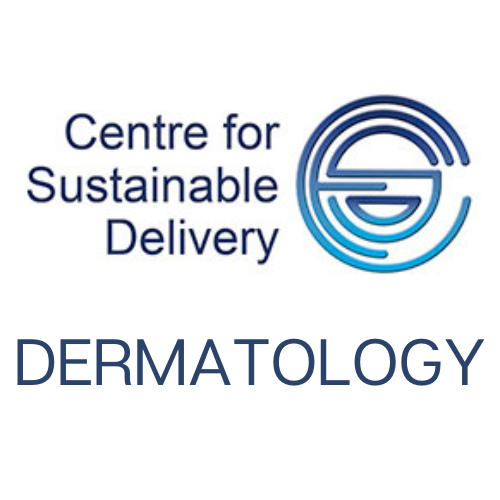Mild: does not impact significantly on activities of daily living
- For people with urticaria with an identifiable and avoidable cause/trigger give advice regarding avoidance of triggers
- Stop any histamine-releasing drugs if able, e.g. aspirin, codeine, ACE inhibitors, non-steroidal anti-inflammatory drugs; if possible, treat potential sources of infection; avoid triggers for inducible urticarias (such as heat, cold, etc).
- Offer a low-sedating antihistamine at standard licenced dose (for example cetirizine, loratadine or fexofenadine) for up to 3 months.
Moderate: symptomatic but does not impact on sleep/normal activities of daily living
- For people with urticaria with an identifiable and avoidable cause/trigger give advice regarding avoidance of triggers
- Stop any histamine-releasing drugs if able, e.g. aspirin, codeine, ACE inhibitors, non-steroidal anti-inflammatory drugs; if possible, treat potential sources of infection; avoid triggers for inducible urticarias (such as heat, cold, etc).
- Offer a low-sedating antihistamine at standard licenced dose (for example cetirizine, loratadine or fexofenadine) for 3-6 months. If not controlled on once daily, consider double dose or increasing up to quadruple dose, reducing to lower doses when symptoms controlled.
- Suggest a FBC differential, ESR/CRP and TSH/TFT for patients where symptoms persist.
Severe: frequent or significant lesions. Impacts on sleep or daily activities
- For people with urticaria with an identifiable and avoidable cause/trigger give advice regarding avoidance of triggers (stop histamine-releasing drugs and avoid triggers for inducible urticarias, as for mild/moderate urticaria)
- Offer a low-sedating antihistamine at standard licenced dose (for example cetirizine, fexofenadine, or loratadine) for 3-6 months. If not controlled on once daily, consider double dose or increasing to quadruple dose, reducing to lower doses when symptoms controlled
- Give a short course of an oral corticosteroid (for example prednisolone 40 mg daily for 4-5 days) in addition to the low-sedating oral antihistamine if not controlled. Longer term steroids are not advised for chronic urticaria management in primary care.
- Referral if an oral corticosteroid is indicated in a child younger than 16 years of age.
- If rebound symptoms occur, seek specialist advice. Do not repeat the course of oral corticosteroid.
- Suggest a FBC differential, ESR/CRP and TSH/TFT.
- NICE guidance recommends montelukast as a second-line agent (unlicenced indication)
